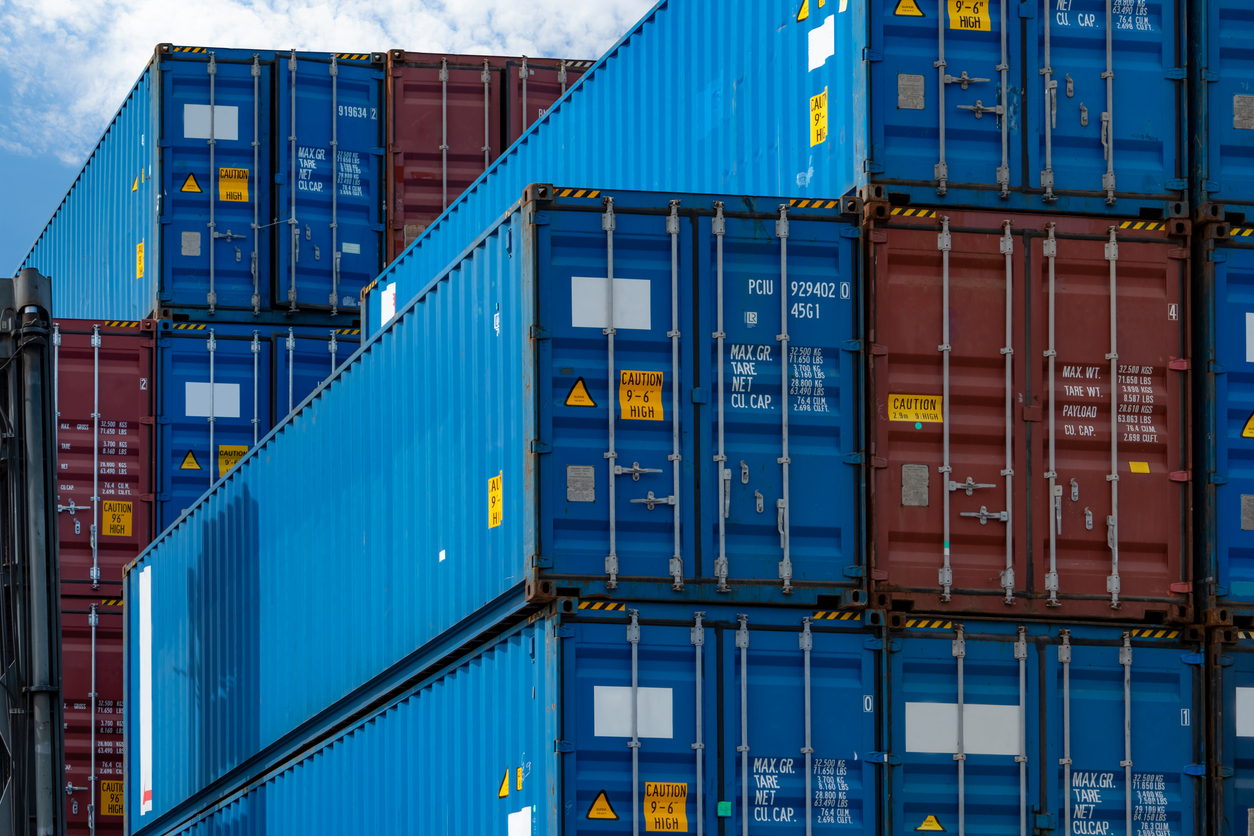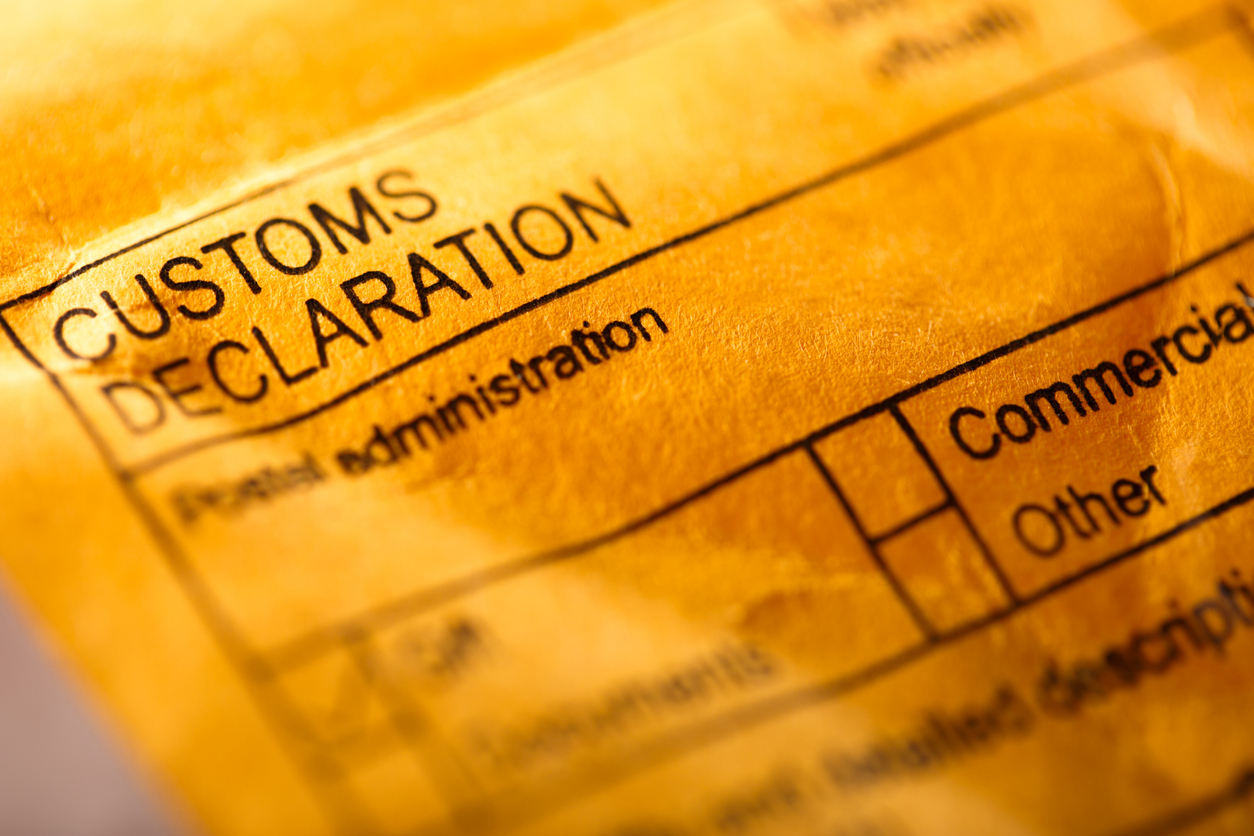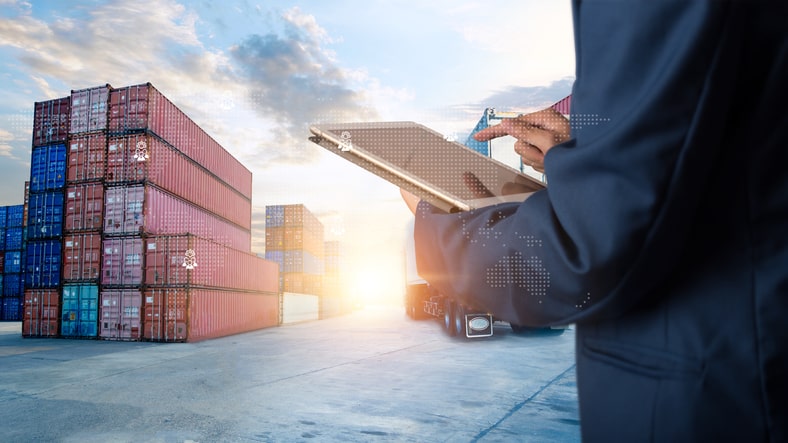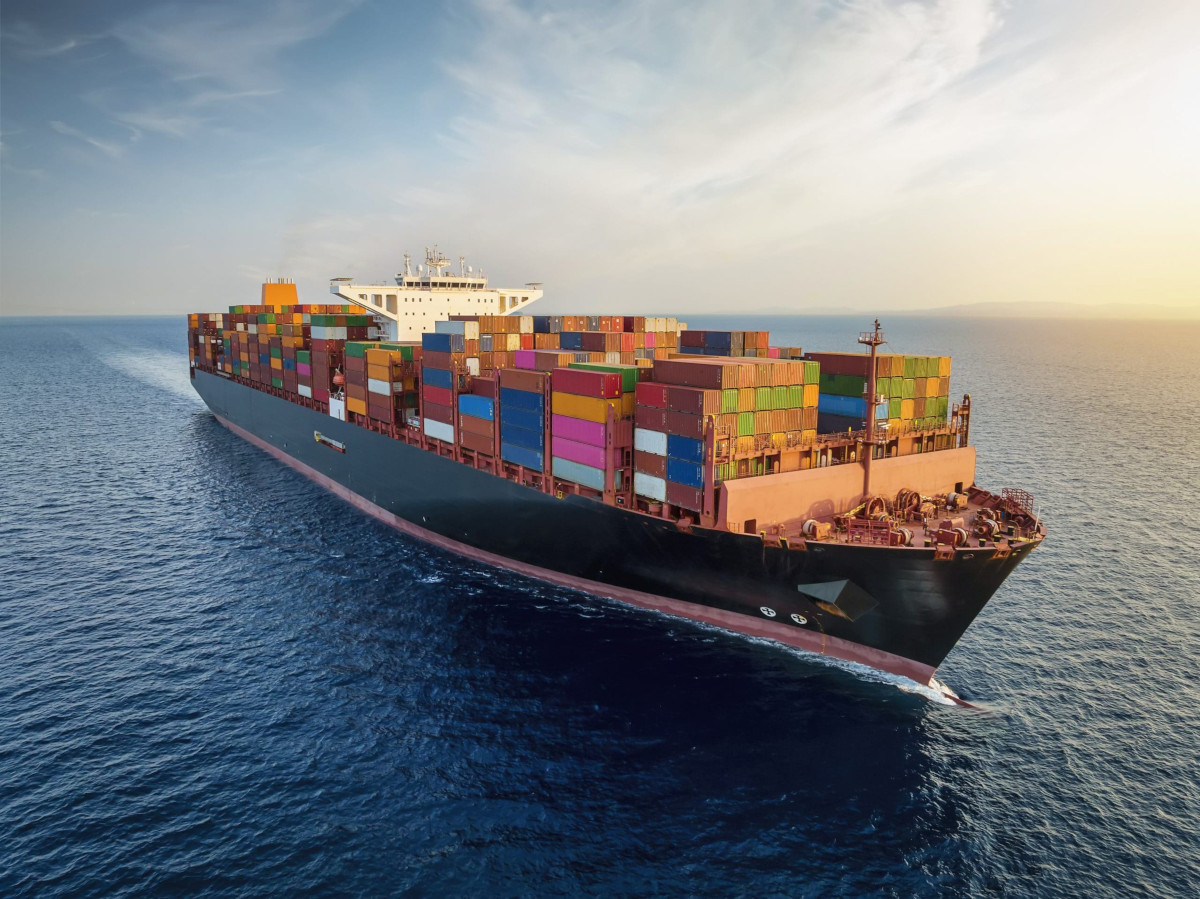Firm transshipped Chinese products through Malaysia to falsify their “country of origin”
An importer has pled guilty to federal charges it illegally transshipped Chinese-made products through Malaysia to falsify their “country of origin” and evade U.S. customs duties.
Misdeclaration of country-of-origin
Puerto Rico-based Akua Mosaics admitted it conspired with mosaic tile manufacturers in China to have them ship products to Malaysia and falsely relabel them “Made in Malaysia,” according to court papers.
It then arranged for those goods to be shipped to the United States and entered through U.S. customs, with Malaysia rather than China falsely declared as their “country of origin” or “COO.”
As a result, Akua and its president defrauded the United States out of over a million dollars in customs duties including Section 301 tariffs of 25%, antidumping duties of 330% and countervailing duties of 358%, court papers reveal.
Akua and its president were charged with smuggling and face a maximum penalty of five years in prison, a $250,000 fine, a three-year term of supervised release, and a payment of $1,090,000 in restitution, the U.S. Department of Justice said.
The manager one of Akua’s Chinese suppliers was also indicted in connection with the scheme. A citizen and resident of China, that individual was arrested while attempting to leave the United States in 2023. He also pleaded guilty to federal criminal charges, and served four months in prison, according to the Justice Department.
Evading tariffs by means of transshipment
A product’s country of origin is where it was produced, manufactured or grown. Importers must accurately declare it on their imports on their CBP Form 7501 customs declarations.
Transshipping goods through third countries as a pretext for misdeclaring their country of origin is an increasingly prevalent form of customs fraud.
While transshipping goods may occur for legitimate reasons—for example, to aggregate cargo and save shipping costs—doing so to misrepresent the country of origin and dodge tariffs or duties, however, is fraudulent and illegal.
Illegal transshipment like that committed by Akua is on the rise, particularly with respect to imports subject to high duty rates such as those from China.
Section 301 tariffs and AD/CVDs
Section 301 tariffs are trade sanctions imposed by the U.S. government on goods from countries determined to have violated trade agreements or engaged in unfair trade practices.
Section 301 tariffs of up to 25% have been imposed on billions of dollars in Chinese imports, including those entered by Akua, according to the Justice Department.
Antidumping duties (“ADs”) are protectionist tariffs that a domestic government imposes on foreign imports that it believes are priced below fair market value, while countervailing duties (“CVDs”) are tariffs levied on imported goods to offset subsidies provided to producers in the country of export.
The China-manufactured tiles imported by Akua were subject to AD/CVD orders issued by Commerce in 2021, the Justice Department said.
The False Claims Act and customs fraud
While Akua and its president faced federal criminal charges, customs fraud can also be grounds for civil lawsuits under the False Claims Act.
The False Claims Act is a federal statute which imposes civil liability on individuals or companies who defraud the U.S. government or its agencies, including U.S. Customs and Border Protection (CBP).
Under it, whistleblowers—also known as qui tam “relators”—have the right to file lawsuits on the government’s behalf and are entitled to 15%-30% of any recovery as a reward.
Customs fraud whistleblowers can be from any country and need not be U.S. citizens. Ordinarily, they are current or former employees of the importers in question—folks with inside information about the wrongdoing.
However, they can also be outside parties like foreign suppliers or competitors as well as industry analysts and consultants.
Blowing the whistle on customs fraud
Customs fraud unfairly harms law-abiding importers and robs the public fisc. Because customs fraud is so difficult to detect, the U.S. relies heavily on whistleblowers to expose it.
If you know of an importer engaged in customs fraud, reach out to experienced customs-fraud whistleblower attorney Mark A. Strauss for a free and confidential consultation. All communications with Mr. Strauss are protected by attorney-client privilege.
It is not enough to tip off the government by other means. You must file a False Claims Act whistleblower lawsuit to be eligible for a qui tam whistleblower reward.





